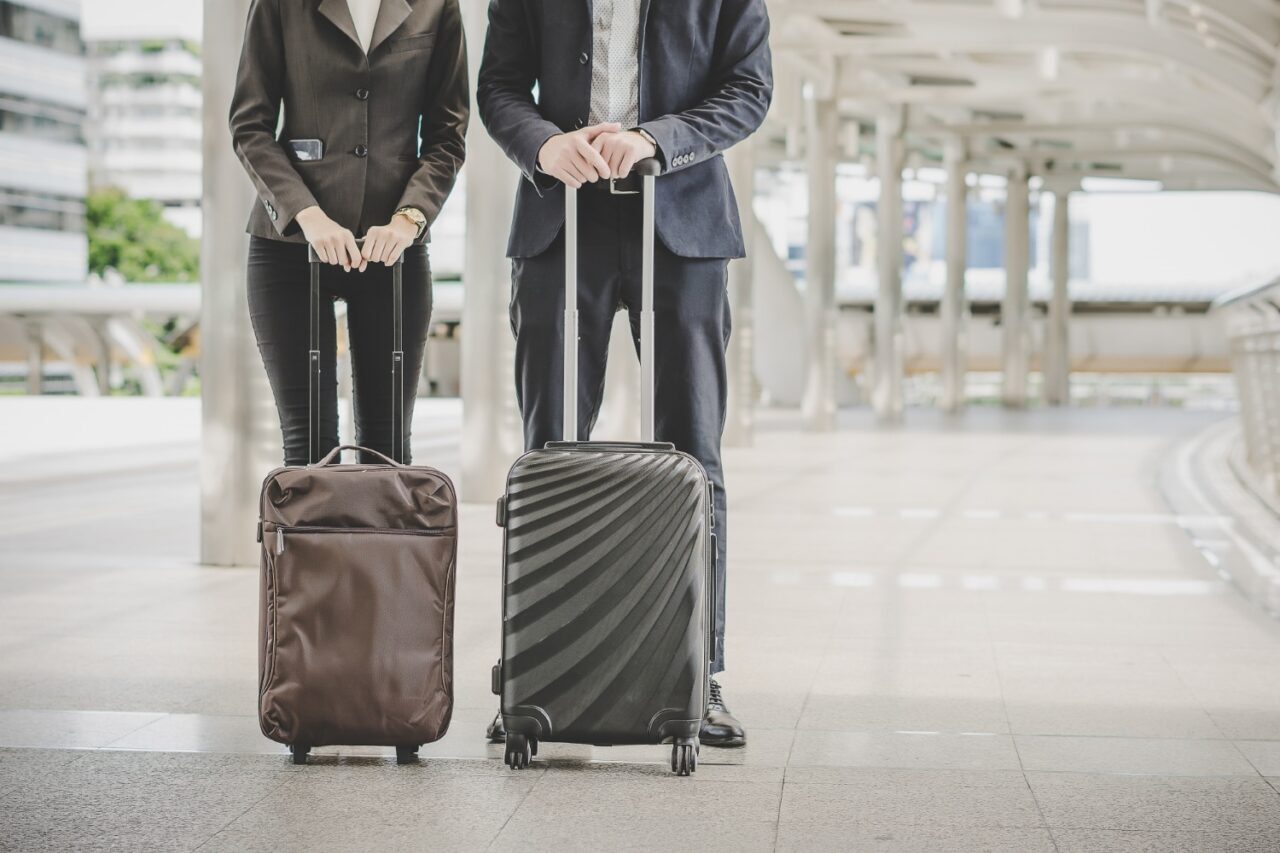When companies need to house employees who are traveling for work, they have several options to choose from. One of those options is corporate lodging. It is a type of housing that is designed for business travelers. It is often a more cost-effective and convenient option compared to other alternatives such as hotels or vacation rentals. In this article, we will explore the reasons why companies choose corporate lodging over other options.
Cost-Effective
One of the primary reasons why companies choose corporate lodging is that it is more cost-effective than other options. In many cases, hotels can be expensive, especially if the employee needs to stay for an extended period. Corporate lodging offers a more affordable option that can save the company money. Additionally, it often includes amenities such as a fully equipped kitchen, which can save money on meals.
Comfort and Convenience
Another reason why companies choose corporate lodging is that it offers comfort and convenience. Unlike hotels, it provides a more home-like environment that can help employees feel more at ease. Corporate lodging can include features such as a living room, dining room, and separate bedrooms, which can make it feel more like a home away from home. Additionally, it is often located in convenient locations that are close to the employee’s workplace, reducing travel time.
Privacy
Privacy is another reason why companies choose corporate lodging. In some cases, employees may need to work or hold meetings in their accommodations. Corporate lodging provides a private and quiet environment that allows employees to work without interruption. Most properties also have security features such as gated entrances or security guards that can provide additional privacy and safety.
Amenities
Corporate lodging also offers amenities that are not typically found in hotels or vacation rentals. For example, they have a fitness center, pool, or other recreational facilities that can help employees stay healthy and active while away from home. This accommodation also includes housekeeping services that help employees stay organized and focused on their work.
Flexibility
Corporate lodging is also a flexible option for companies. Unlike hotels, which may have strict check-in and check-out times, corporate lodging can be more accommodating to the employee’s schedule. Additionally, it can often be booked for an extended period, making it easier for employees who need to stay for an extended period. Corporate lodging can also be customized to meet the specific needs of the company, such as providing additional workspace or high-speed internet.
Conclusion
Corporate lodging offers several advantages that make it an attractive option for companies. It is often more cost-effective than hotels, provides a comfortable and convenient home-like environment, offers privacy and security, includes amenities such as fitness centers, and is a flexible option that can be customized to meet the specific needs of the company. As a result, many companies choose corporate lodging over other options when housing employees who are traveling for work.
Experience a worry-free stay during your next crew travel with Globeo’s hassle-free corporate lodging solutions. Our comprehensive reporting, 24/7 concierge service, and online booking portal guarantee a convenient and cost-effective experience. We cater to businesses in the oilfield industry, energy services, supply chain transportation, construction, healthcare, government, and more. Book your next corporate lodging with Globeo today and enjoy a hassle-free stay.










